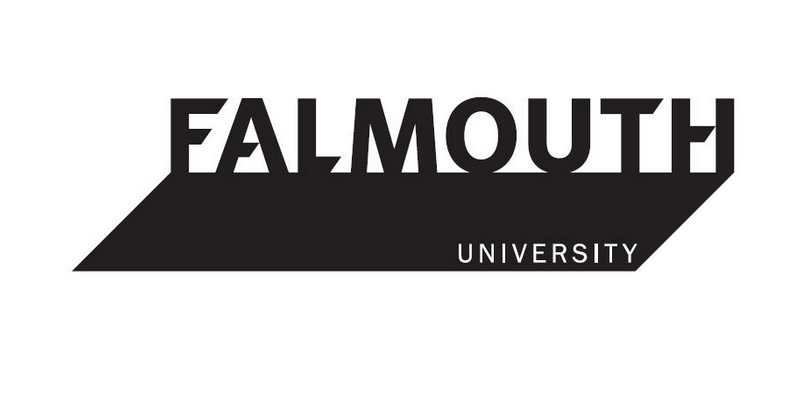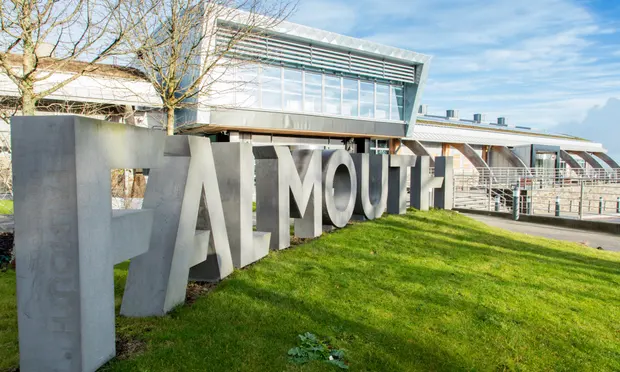
Whether you wish to become a practicing photographer – or specialise in supplying a technical service such as image editing – you’ll benefit from the practical skills, knowledge and critical analysis that this course delivers.
At the end of your studies, you’ll have an internationally-recognised undergraduate qualification.
You will also have an extensive photographic project, that will see you well on your way to making your career aspirations a reality.
On this course you will:
Share your details in order to receive information about this high quality online masters course.
This course is built to help individuals committed to improving the quality of their practice, and to making practical work that contributes to society, the economy and the environment.
The course accomplishes this by equipping you with the real-world capabilities needed to make an impact within the industry. During your studies, you’ll develop the resourcefulness and imagination required to elevate your output – plus the professional skills to navigate the creative sphere.
In the first module, you will be introduced to key themes and concepts in contemporary photography.
You will be encouraged to experiment with a range of practical and creative approaches, and produce a small independent project to be assessed at the end of the module.
In the second module you will learn about the range of professional contexts for contemporary photography.
Alongside this, you will draw upon practical work produced during the first module, and develop an independent practical project that is both critically informed and aligned with relevant professional context(s).
In the final module, you will either further extend the practical project you began in the previous module, or work on a single, new body of work.
By the end of the module you will have produced an extensive photographic project, ideally of a publishable standard.
Benefits of learning online with us

• No visas or moving costs
• Access course from anywhere in the world
• Spend approx. 20-25 hours studying each week
• All course materials are available on demand
• Revise on the days and times that suit you best
• Course modules broken down into weekly
segments
• Fit studies around work, family and social life
• Support with non-academic queries from a
student adviser team

Upon graduating, you’ll be well-positioned to secure work within your specialism. Your degree can also help you pursue other roles that would benefit from your offering. Some examples include working as an art therapist, digital marketer, gallery curator, or visual merchandiser.
In addition to the guidance offered by our tutors, you can also access our RealWORKS, our careers and employability service throughout your studies, and for up to 5 years following graduation.
Our expert team will help you identify potential opportunities in the UK or internationally, prepare for job interviews, advise you on starting up your own business, and more.
Graduates of our BA(Hons) Photography Top Up course can use their creative and technical skills to thrive in a range of career paths. You’ll gain a clearer idea of your interests and develop a distinctive voice, allowing you to either focus on a photography specialism that suits you, or branch out into exciting related areas.
It is also worth bearing in mind that all creative arts degrees promote fundamental, transferrable skills including critical thinking, problem-solving, creativity and innovation – all of which are in the World Economic Forum’s top five skills priorities.
Professional photography can be a lucrative field that gives you an opportunity to earn an income doing what you love. In practice, there are relatively few full-time photographer roles, and the overwhelming majority are self-employed or ‘freelance’, working for a range of clients.
Whilst some will find a particular niche or specialism that is sustainable and fulfilling, most freelance photographers have ‘portfolio careers’, and their work might be comprised of a combination of some of the roles outlined here. Although day rates for freelances can be high, establishing a steady, reliable stream of clients and contracts can take several years to establish.
Whether you seek out a path towards commercial or editorial photography, or see yourself working within the art world and cultural industries, a good undergraduate degree will equip you with the tools you need to carve out a career within this ever-evolving medium.
Here are just a few of the career paths that photography graduates will take:

Benefits of learning online with us
If your first language is not English, you’ll need to take one of the following tests to verify your proficiency:
We accept a number of additional English language qualifications as well. All applications are considered on an individual basis, and may or may not include an interview.
Candidates without a degree or formal qualification are also encouraged to apply. If you have prior learning or experience with this subject, you may even be able to apply for Accreditation of Prior Learning (APL).
If you’re unsure whether you’re eligible to apply, please get in touch with our course adviser team for advice.
Share your details in order to receive information about this high quality online masters course.

Fuel your ambition and achieve a big increase in your earning potential by studying one of our high quality flexible master programs developed by some of the top British Universities.
® London House Academy 2023 | Powered by diho.mx